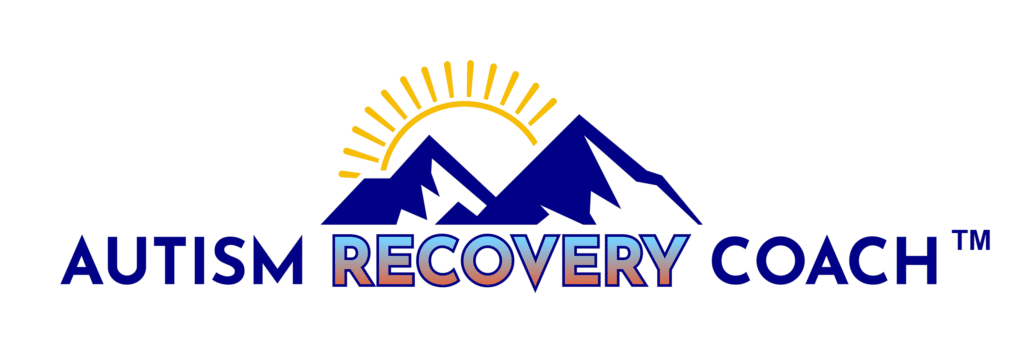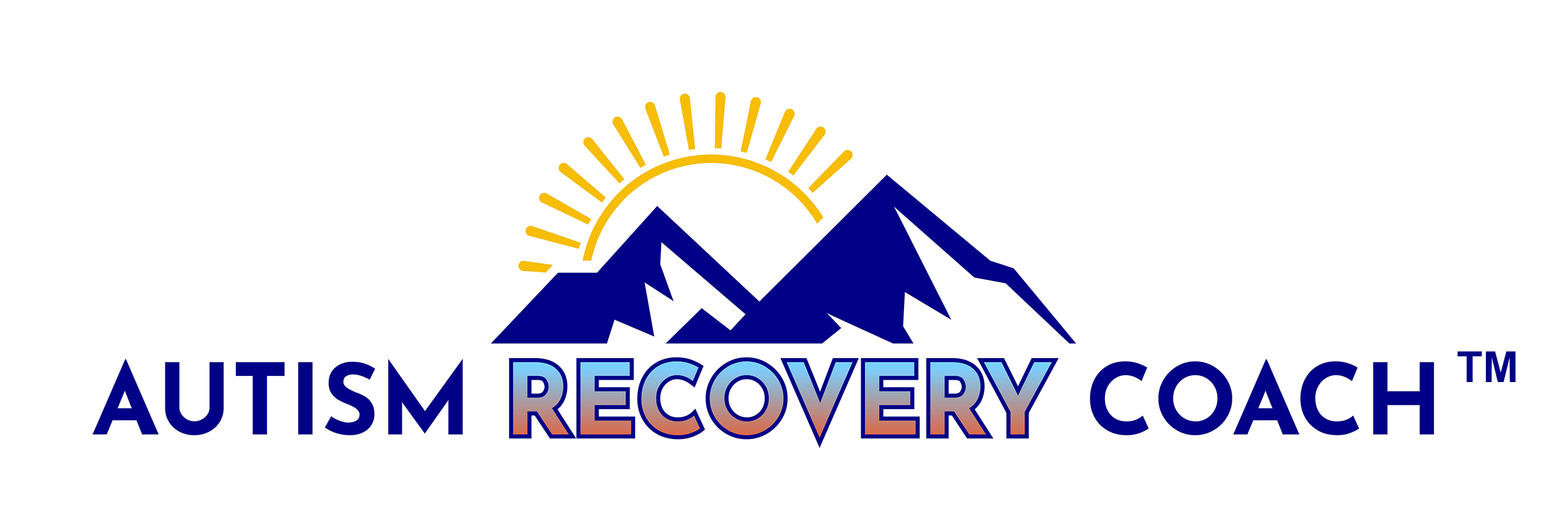Every child is a universe of untapped potential. When it comes to children with autism, early intervention acts as a guiding star illuminating their path towards a brighter future. Let’s explore the profound impact of early intervention and provide parents and caregivers with valuable insights and strategies to support their children with autism on their unique journey of growth and development, such as using biomedical treatments like B-12 oil, and more.
The Crucial Early Years
The early years of a child’s life are a time of immense growth and development. For children with autism, these years represent a critical window of opportunity for intervention and support. Early intervention is not merely about addressing deficits but also about fostering a child’s innate strengths and abilities.
Understanding Autism Spectrum Disorder
Before delving into early intervention strategies, it’s essential to understand the nature of Autism Spectrum Disorder (ASD). ASD is a complex neurodevelopmental condition that affects communication, behavior, and social interaction. Each child with autism is unique, with their own set of strengths and challenges.
The Benefits of Early Intervention
Early intervention offers a multitude of benefits for children with autism. It helps enhance their overall development, minimize challenges, and maximize their potential. Research has consistently shown that children who receive early intervention services have better outcomes in areas such as communication, social skills, and cognitive development.
Tailoring Intervention to Individual Needs
One of the key principles of early intervention is individualization. Children with autism have diverse needs and abilities. Effective early intervention programs are designed to address these individual needs, focusing on areas where the child may be struggling, such as speech and language development, sensory sensitivities, or social interactions.
Applied Behavior Analysis (ABA)
ABA is a widely recognized and evidence-based approach used in early intervention for children with autism. It focuses on teaching and reinforcing positive behaviors while reducing challenging behaviors. ABA can be highly effective in improving communication skills, reducing problem behaviors, and enhancing social interactions.
Speech and Language Therapy
Many children with autism experience delays in speech and language development. Speech and language therapy are crucial components of early intervention. Therapists work with children to improve communication skills, using various techniques and tools tailored to the child’s specific needs.

The Role of Vitamin B-12
Recent studies have highlighted the potential benefits of Vitamin B-12 supplementation in early autism intervention. Vitamin B-12 plays a crucial role in neurological development and function. Some children with autism may have deficiencies in Vitamin B-12, which can affect their cognitive and behavioral development. Consultation with a healthcare professional and consideration of appropriate supplementation is essential for children who may benefit from this intervention
Autism Recovery Coach: Your Partner in Early Intervention
In the journey of nurturing children with autism, early intervention is the compass that points the way to their fullest potential. By understanding the unique needs of each child and utilizing evidence-based strategies, we can unlock the doors to communication, growth, and development.
Don’t walk this path alone, Autism Recovery Coach, is here to be your partner in this journey. Connect with Christopher Soppet for personalized early intervention guidance. He provides a wide range of autism treatments, such as Methyl-B12 autism recovery services and autism specialist therapy.
Contact him today to learn more!



